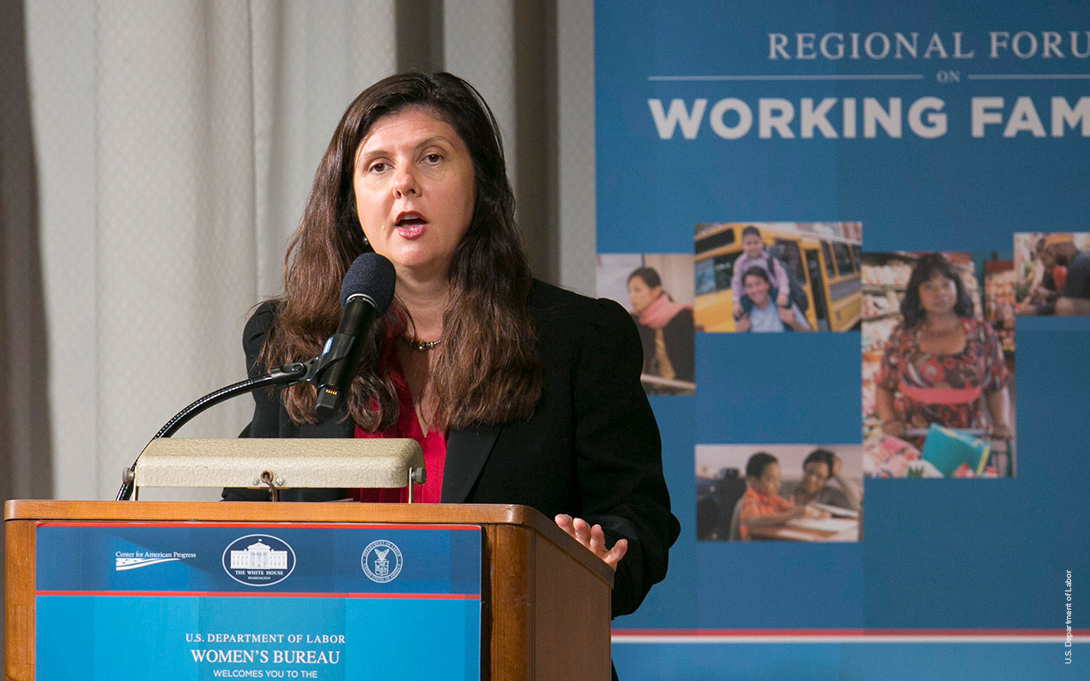
An article in The New York Times June 3, noted that as the pandemic upends work and home life, women have carried an outsized share of the burden, are more likely to lose a job and more likely to shoulder the load of closed schools and day care. “For many working mothers, the gradual reopening won’t solve their problems, but compound them — forcing them out of the labor force or into part-time jobs while increasing their responsibilities at home.”
Ford School economics professor Betsey Stevenson said “We could have an entire generation of women who are hurt,” especially pregnant women and working mothers whose children are too young to manage on their own. “They may spend a significant amount of time out of the work force, or their careers could just peter out in terms of promotions.”
The article states that women who drop out of the work force to take care of children often have trouble getting back in, and the longer they stay out, the harder it is.
“This pandemic has exposed some weaknesses in American society that were always there,” she said, “and one of them is the incomplete transition of women into truly equal roles in the labor market.”
You can read the article here.
Betsey Stevenson is a professor of public policy and economics at the University of Michigan. She is also a faculty research associate at the National Bureau of Economic Research, a visiting associate professor of economics at the University of Sydney, a research fellow of the Centre for Economic Policy Research, a fellow of the Ifo Institute for Economic Research in Munich, and serves on the executive committee of the American Economic Association. She served as a member of the Council of Economic Advisers from 2013 to 2015 where she advised President Obama on social policy, labor market, and trade issues. She served as the chief economist of the U.S. Department of Labor from 2010 to 2011, advising the Secretary of Labor on labor policy and participating as the secretary's deputy to the White House economic team.